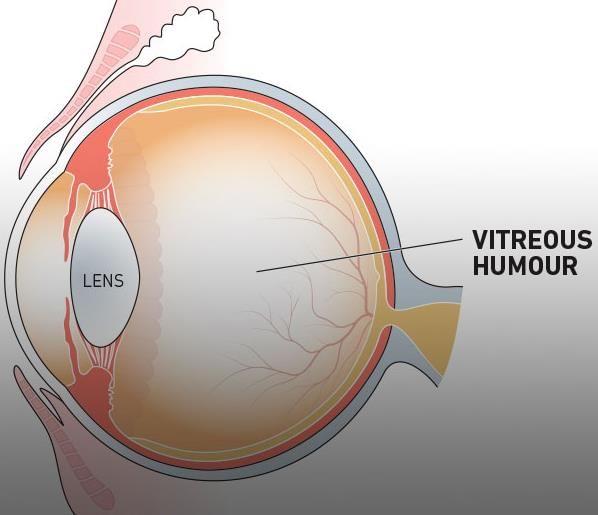OAVS TGT Science Mock Test - 8 - OTET MCQ
30 Questions MCQ Test - OAVS TGT Science Mock Test - 8
The atomic mass of sodium is 23. The number of moles in 46g of sodium is ________.
How do plants detect light for directional growth movements?
The process in which the nucleus first divides amitotically into two followed by the division of the cytoplasm is called
Minerals absorbed by roots move to the leaf through
The fluid between the retina and the lens is called
Name the process that is a direct out come of excessive burning of fossil fuels
Which of the following does not affect rate of evaporation?
Which of the following are the main constituents of cell wall?
A shining thick liquid is often used in glass thermometers. Name it.
Amrita Devi Bishnoi National Award is rendered for
Which is the most abundant non-metal on the earth?
Which of the following methods would you use to separate cream from milk?
Which organs are part of the human excretory system?
Each of the stationary orbits are associated with:
Differences between organisms in a species are described as variation. Which of the following would you describe as continuous variation?
The contraction of muscle tissue is carried out by the action of
Ecological imbalance in the biosphere is created by















